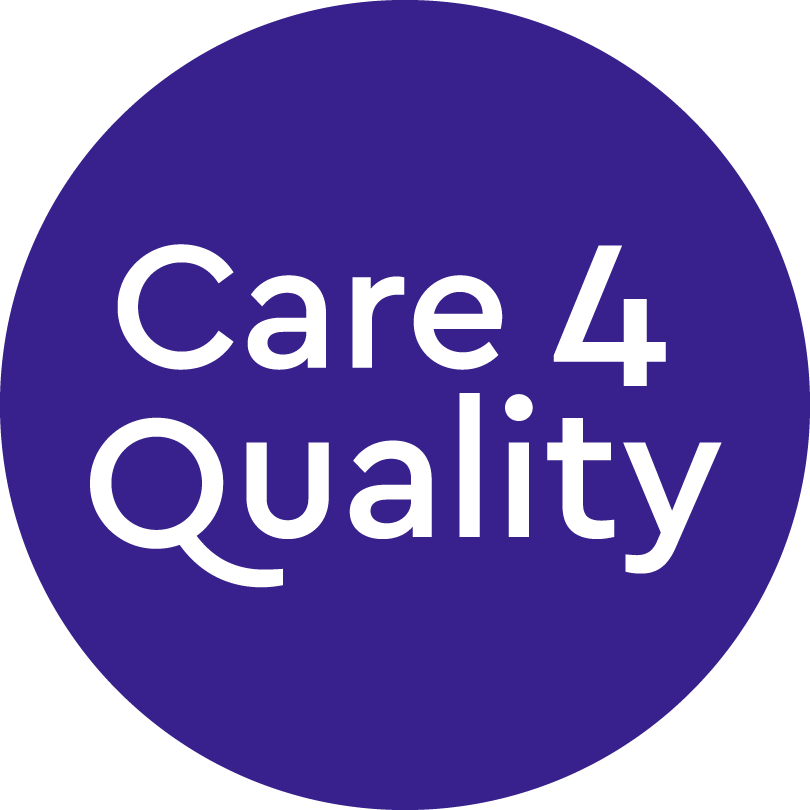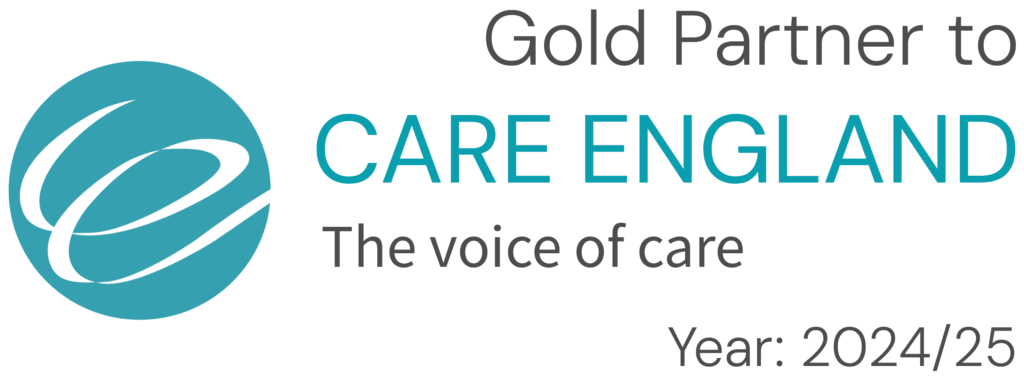- 12 March 2020 (Transcript of the speech, exactly as it was delivered)

I’m sorry I can’t be with you today.
I have a message from the government, which I offer on behalf of the whole nation, to every single nurse in the NHS.
That message consists of 2 heartfelt words. That message is ‘thank you’.
It’s normal to thank you ‒ our nation’s nurses ‒ for the work that you do. But I want to add another thank you which is more poignant now.
I want to thank you for the work that you will be called upon to do as we get through coronavirus together.
Nursing is the lifeblood of the NHS, pure and simple. Without nursing, the NHS dies.
My grandmother was a nurse at the Boston Pilgrim, so I know that what you do is not just a job. That there’s a reason you put up with night shifts, giving up weekends, being on your feet for 12 hours a time.
That in spite of all the daily frustrations ‒ the unreasonable demands, the bodily fluids, the patient’s family asking for a doctor to come and go through a care plan that you’ve literally just explained ‒ that you don’t just keep going, that you love this job, because you want to help people in their time of need.
It’s a level of patience and kindness and coolness under pressure that, to anyone outside the NHS looks superhuman, but which to any nurse in the NHS is all part of a day’s work.
Faced with the threat of coronavirus, we need you to draw on those deep reserves of compassion and determination, because the situation facing the country is serious.
This storm that’s approaching, we do not know exactly how hard it will hit or how long it will last. Our response is to plan for the worst and work for the best.
Last week we set out our 4-part action plan to contain, delay, research and mitigate the virus.
Contain has bought us time to ramp up our preparations and NHS nurses have been at forefront of this approach, testing over 25,000 members of the public, treating patients already, assisting those we’ve returned from affected areas in supported isolation.
I pay tribute to all those involved. We will always be guided by the science and by the recommendations of experts including our brilliant Chief Nursing Officer. But we will not succeed if the NHS is left to shoulder this burden alone. It’s a national effort.
Yes, that means government and yes the NHS. It also means each and every one of us washing our hands more often and following the public health advice.
It means backing the 3 million volunteers who give up their own time to support the NHS. It’s businesses prioritising the welfare of employees. It’s the media reporting the facts straight. It’s everyone looking out for the most vulnerable in our society.
Next week I will be bringing a bill before Parliament. It will give us the powers that we need to help people and services respond to this outbreak.
These measures will be temporary and proportionate. They are built on clinical advice. And, of course, in all of this, in this war against coronavirus, nurses are on the frontline. Not just in hospitals treating the most seriously ill, but right across the system: in communities, in general practice, in mental health and social care, helping people in their time of need as the NHS comes under increasing pressure.
And my commitment to you, and the commitment I’ve received from the very top of government, is that the NHS will have the money, the resources and the powers it needs to withstand that pressure.
However tough the weeks and months ahead, our resolve will not break.
I understand that people are worried. I know that people are paying more attention to the news than usual.
But I know this too: if we work through our plan and we follow the science, if we act decisively with level heads, if we all play our part and we all look out for each other, then with clean hands and calm heads, we will get through this.
And when we do, I’m determined to repay the debt that we will owe the NHS.
That means delivering on our goal of making the NHS one of the best employers in the country. A place where all are supported to do their best possible work, operating right at the top of their licence. Where people can challenge without fear. Where we look after the mental and physical wellbeing of our staff as much as our patients. This is what we must do together afterwards.
It starts with your workload. Yes, we have a record number of nurses employed in the NHS, and 8,700 more than this time last year, but we need more.
Most of my department is working flat out on the response to COVID-19. One major exception is the team working on our manifesto commitment to deliver 50,000 more nurses over the next 5 years. It’s just too important to put on the back burner.
We’ve taken action already with our new financial support package. From September, we’re bringing back the bursary and I want to see record applications for nursing degrees.
But delivering on that target requires a whole-system approach. We need to retain and return existing staff, we need more international recruitment and, crucially, we need to attract more young people into nursing in the first place.
I’ve asked Helen Whately, my brilliant new care minister, to personally chair the programme board tasked with this commitment, with Baroness Dido Harding as her deputy.
That board is currently developing and stress-testing project plans for each of those 3 elements. When we publish the NHS People Plan we will set those out in detail.
But it’s not just about nursing numbers, important though they are. When I spoke at this summit last year, I said we needed to drag the media and public perception of nursing into line with reality. That the old, sentimentalised ‘lady with the lamp’ idea of nursing is a hopelessly outdated stereotype.
That nursing may be a vocation, but it’s also a skilled profession with deep knowledge and expertise in everything from technology to long-term disease management.
Thanks in large part to the work of Ruth May, we’ve made huge progress on bringing this aspect of nursing into the foreground.
Take technology. I’ve seen for myself how some of the best innovations in healthcare are being led by nurses, midwives and health visitors.
If you want to engage but don’t know where to start, I strongly recommend becoming a member of the Digital Nurse Network at NHSX.
And I’m delighted to welcome Natasha Philips as Chief Nursing Information Officer at NHSX, who will drive this agenda forward at national level.
Last, but by no means least, we need an NHS that cares for its carers. That means a positive, inclusive, supportive and compassionate culture, empowering people to always speak up for the best possible standards of patient care and patient experience.
The NHS People Plan will set out a ‘new offer’ for NHS staff, including the support that all nurses can expect to receive throughout the careers. This will include a major focus on health and wellbeing and a minimum standard for occupational health. It’s about respect for your service.
I’ve done a few night shifts in this role and I tell you this: when it’s 2 in the morning and people are running around and tempers are fraying and it’s all kicking off in A&E, the most reassuring sight in the world is the blue and white uniform of an NHS nurse.
I know that millions of people in this country feel the same. And not just in A&E but in general practice, mental health, rapid response or community care. In any time of crisis there is always a nurse to apply the skills, the expertise the knowledge and reassurance that is the hallmark of your profession.
So, once again, I say it on their behalf: thank you for what you’ve done.
Thank you for being there and for being those who our nation will look to and the challenge that I know you will rise to in the weeks and months to come.
Thank you for your service. Let us all play our part in this national effort.

